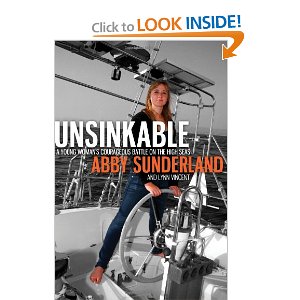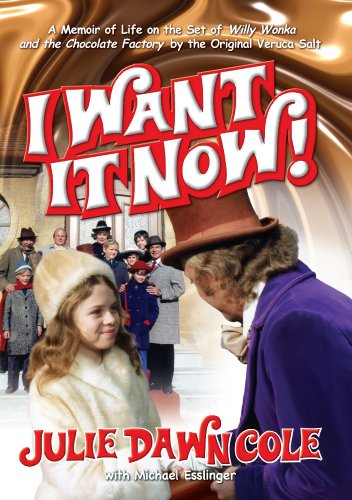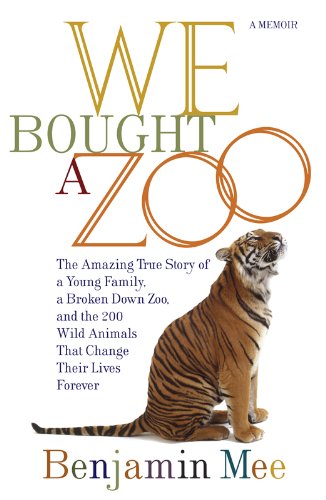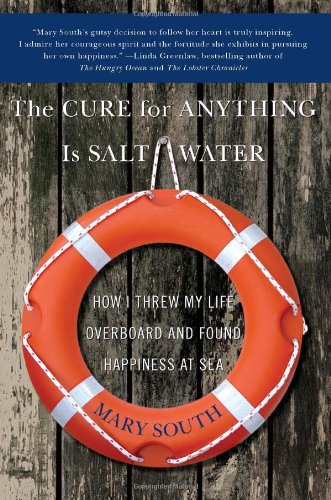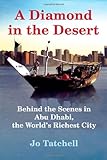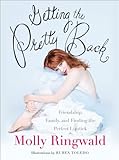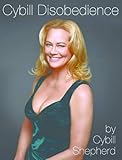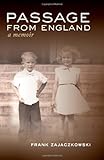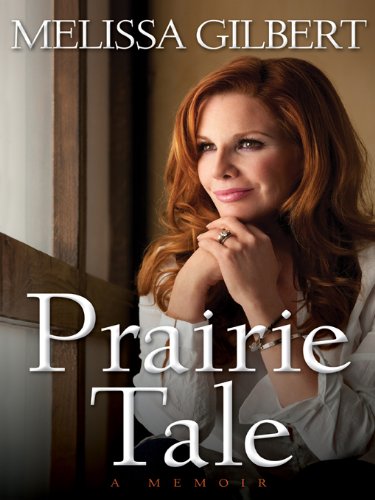Oh Myyy (There Goes the Internet)
by George Takei
Product Description (from Amazon.com):
How did a 75-year old actor from Star Trek become a social media juggernaut? Why does everything he posts spread like wildfire across the ether, with tens or even hundreds of thousands of likes and shares? And what can other sites, celebrities and companies do to attain his stratospheric engagement levels, which hover or top 100 percent while theirs languish in the single digits?
Read about George Takei’s meteoric rise and dominance of the Internet in Oh Myyy (There Goes the Internet), published of course in electronic format.
In this groundbreaking, hilarious and informative book, Takei recounts his experiences on platforms such as Twitter, YouTube and Facebook, where fans and pundits alike have crowned him King. He muses about everything from the nature of viral sharing, to the taming of Internet trolls, to why Yoda, bacon and cats are such popular memes. Takei isn’t afraid to tell it likes he sees it, and to engage the reader just as he does his legions of fans.
Both provokingly thoughtful and wickedly funny, Oh Myyy! captures and comments upon the quirky nature of our plugged-in culture. With Takei’s conversational yet authoritative style, peppered with some of his favorite images from the web, readers should be prepared to LOL, even as they can’t help but hear his words in their heads in that unmistakable, deep bass.
My Thoughts:
I’m not a great user of social media. Oh, I have accounts on Twitter, Facebook, Instagram and Pinterest, but I’m really NOT a power user. I’m also not a fan-girl. Sure, there are celebrities I follow, but only if I’m genuinely interested in their work, or in what they have to say. George Takei falls into both categories. As a lifelong Star Trek fan who grew up with the Original Series (in reruns, but still…) I like to see that these actors I grew up watching are doing new and interesting things. As someone who grew up in an activist family, and spent a fair amount of time holding protest signs and such, I’m really amazed and impressed by Mr. Takei’s ability to speak his mind and remain dignified, then post hilarious memes on Facebook.
Having read his first book, a memoir, years ago when it was first published, buying his second was a no-brainer, except that it came out right before Christmas, and then I had this huge queue of books to read for review, and then I wanted to read only fiction. I finally downloaded it a few days ago (on my new iPad, even though I’ve linked to the Kindle version), and actually managed to make it last two days, mainly because I was trying to meet deadlines on some writing projects.
I knew, of course, that the gist of the book was Takei’s experience as a social media icon. I expected that he would come across as smart, well-spoken, and funny, and I was not disappointed. I love that he’s able to be serious when it’s called for and then immediately flip the mood into something completely silly.
I was expecting hilarity, and got it.
I was NOT expecting it to be so insightful, and in that I was pleasantly surprised.
Very often, I find myself looking at something technological and thinking my grandfather would have really enjoyed playing with/using/tinkering with whatever it is, had he lived to this decade (though that would have made him 102). Takei’s take on the Internet found me thinking that a lot, especially when he commented on his own age.
In short, Oh Myyy is funny, smart, insightful and incredibly readable. And, yes, I’m guilty of hearing the author’s voice in my head as I read it. Who isn’t?
Goes well with…a tuna fish sandwich and limeade.

